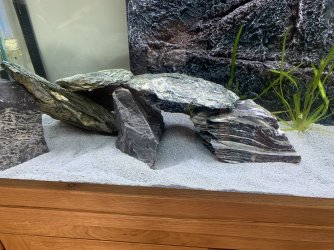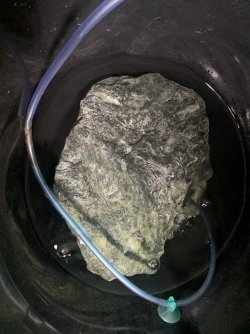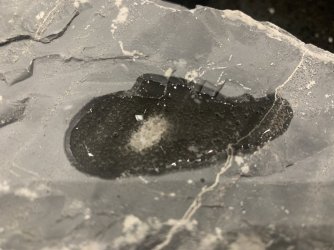Watermania
New Member
- Joined
- Dec 15, 2012
- Messages
- 9
- Reaction score
- 2
I have bought 2 types of rock recently, both sold as not effecting PH. Unfortunately both have increased the PH.
The rocks standing upright have changed PH from 6.0 to 7.8 over hours and the rock lying across them has changed the PH to 6.8.
As I’m wanting to add some German Blue Rams 7.8 is too high but the 6.8 is ok.
My concern is whether the rocks changing the PH to 6.8 are just slowly effecting the PH and will eventually lead to high PH as well or is it likely to stabilise at 6.8?
Do all rocks that effect PH eventually result in the same PH levels or can different rocks level out at different levels?
The rocks standing upright have changed PH from 6.0 to 7.8 over hours and the rock lying across them has changed the PH to 6.8.
As I’m wanting to add some German Blue Rams 7.8 is too high but the 6.8 is ok.
My concern is whether the rocks changing the PH to 6.8 are just slowly effecting the PH and will eventually lead to high PH as well or is it likely to stabilise at 6.8?
Do all rocks that effect PH eventually result in the same PH levels or can different rocks level out at different levels?





